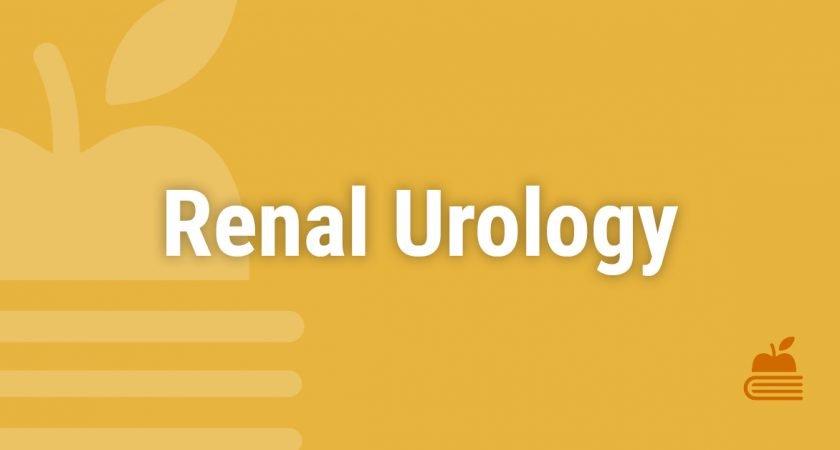Read week
Hi Everyone,
How much water have you been drinking today? Do you know the feeling of being truly hydrated? Trial this experiment for a week and see how you feel: drink a large glass of water with a squeeze of lemon in it as soon as you wake up in the morning. Within a few days you will start to notice the glorious feeling of true hydration through your morning session.
This article is about renal medicine and urology.
I had the pleasure of working a rotation in the Concord Hospital dialysis unit while I was a resident. It taught me a lot of about not getting too stressed by a high blood pressure, how to do a proper fluid assessment and how much time renal patients spend in the hospital each week. Patient’s with end stage renal disease not only have the issues of fluid overload, cramping, itching, hyperkalaemia, strict diet control, increased risk of heart disease and hyperparathyroidism, but also iatrogenic problems such as hypocalcaemia secondary to parathyroidectomy. It’s not an easy life!
As GPs we have a responsibility to monitor and manage renal function in the context of nephrotoxic medication, and kidney-injuring disease states such as infection. The Chronic Kidney Disease (CKD) Management in General Practice guideline is absolute gold, and should be studied regularly. It will teach you the importance of early recognition of CKD through measurement of urine ACR and eGFR, which are the nephrotoxic drugs, when to refer to a nephrologist and how frequently patients should be monitored.
Urological issues can be viewed like plumbing problems. There are pipes from the kidney, to the bladder, and from the bladder to the urethral meatus. There are typically some main causes of pipe blockage that need to be understood – such as prostatic hypertrophy (through prostate cancer, prostatitis or BPH), bladder cancer, or stones. Urinary tract infections (UTIs) are common in women due to their anatomically shorted urethra, but are less common in men. UTIs should be investigated thoroughly in men as they could be a sign of something more sinister.
Be kind to yourself, and take the time to keep yourself hydrated!
Dr Andrew Harris
Director of Amadeus Education.
Did you know?
The BEACH data set shows that out of the total chronic problems managed in General Practice, chronic kidney disease was 0.7%. Consider this as you are preparing for your exams. (Source: General practice activity in Australia: 2015-16. https://bit.ly/2c4d8Em)
Presenting complaints:
These are the common presenting complaints that should be covered for this topic:
- Dysuria (https://bit.ly/2RLi5ow)
- Lower urinary tract symptoms (https://bit.ly/2TXgA4l)
- Haematuria (https://bit.ly/2Hficok)
- Urinary incontinence (https://bit.ly/2TUTMC6)
Important conditions:
These are the common conditions that should be reviewed for this topic:
Topics | Important reading |
| Chronic kidney disease |
|
| Glomerulonephritis |
|
| Renal stones |
|
| Haematuria |
|
| Renal cell carcinoma |
|
| Urological issues – including nocturia, LUTS, UTI, asymptomatic bacteriuria, incontinence, UTI |
|
Medication doses:
These are the medications and doses that should be learned for the exam:
NOTE: Avoid triple whammy (loop diuretic, ACE-I, NSAID)
Condition | Medication |
| Fluid overload |
|
| Hyperkalaemia |
|
| Elevated urine ACR |
|
| Pruritus |
|
| Cystitis (women) |
|
| Cystitis (men) |
|
| Prostatitis |
|
| BPH |
|
CHECKS:
Here are the list of recommended Checks that would be useful in your study for GP exams (accessed via subscription from http://gplearning.racgp.org.au):
- Renal problems, July 2014
- Urology, October 2012
Focus on clinical skills:
Here is a brief focus on some OSCE preparation materials related to this topic:
- Prostate specific antigen. AFP, July 2011. (https://bit.ly/2GVsMiq)
- Clinical Practice Guidelines on PSA testing. Prostate Cancer Foundation of Australia. (https://bit.ly/2Sgh5EQ)
- Urinary Tract Infection. Queensland Health Emergencey Department fact sheets. (https://bit.ly/2DYsmF1)
Focus on medicolegal:
Here is a brief focus on the medicolegal issues covered in Australian Family Physician:Patients’ use of social media: e-rating of doctors. AFP, December 2014 (https://bit.ly/2FFZFQc)
Copyright © 2021 Andrew Harris

